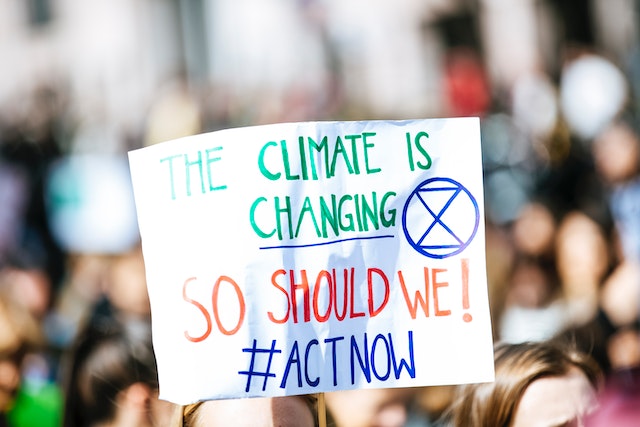If greenwashing wasn’t enough of a challenge, it is unfortunately far from being the only method known to the corporate world for sustainability shortcuts that only bring negative consequences. So what is this new ‘trend’ called green hushing that people are picking up on now?
What is green hushing?
Let’s start from the beginning. As the word itself suggests, green hushing refers to under reporting or under communicating sustainable practices. The interesting part however, is that this is a deliberate decision companies make as they are hesitant to share many of their sustainability initiatives with the public.
But considering the popularity of sustainability and the fact that it has rapidly become an element of competitive advantage for businesses in all industries, why would companies choose to go quiet?
The reason behind such behavior is the fear of backlash from consumers or other stakeholders. By actively hiding their sustainability practices, companies try to avoid comments or accusation about how they are not doing enough or not doing it right.
So is green hushing the opposite of greenwashing? By definition, it seems like it. While greenwashing is a deliberate move to mislead consumers into thinking a given company is sustainable by communicating a false sustainable narrative, green hushing is an intentional choice to miscommunicate real responsible practices in order to avoid greenwashing accusations.
Although in theory one can empathize with such a decision, given the sometimes hostile environment in which companies live, is it really a good choice?

What are the consequences of green hushing?
Although companies seem to view green hushing as a strategy of survival by not being exposed to criticism from an increasingly demanding public, they might be missing the bigger point.
Sustainability is a relatively new world and realm inside the business arena, so perfection is not -and should not- be expected from any actor. Businesses need time to adapt, specially small ones, and so do consumers in order to transform their lifestyle.
But the real problem is not that consumers unjustly point out any and every sustainability effort made by companies in order to shame them. The problem regarding green hushing is rooted in a much deeper and problematic consequence of choosing ‘eco-silence’ as a communication strategy.

The deeper problem and consequence of companies choosing to take the green hushing route is that all the potential influence and education on sustainability is lost for a rather unfounded fear of backlash.
It has been proved over and over again the power of leading by example. Once a certain business, brand or industry takes a first dive into sustainability, chances are their fellow counterparts will follow, and thus bring more innovative and responsible practices into the mix.
The same goes for consumers, employees, shareholders and all kinds of stakeholders. What kind of message is actually being send to people if sustainability is either inexistent in the eyes of the public, or something to be ashamed of in the eyes of those working in the company?
Showcasing a will and an active role in sustainability can only bring better things, including a continuous improvement of initial sustainability initiatives and a gradual deeper understanding of green practices.
Transparency is the (only) way
We have talked about the perks and importance of transparency multiple times, but we cannot stress it enough, so here we go again.
The lack of information and a transparent look into what businesses and other organizations are doing to give an effective response to the challenges people and the planet face, is one of the biggest obstacles preventing us from adequate and sustainable development.
Furthermore, it is undeniable that businesses cannot manage what they don’t understand. Because being transparent is not only an externality to a company, or a given organization, to help build trust and reputation; it is in fact also a great learning and improvement mechanism.
And although backlash from the public is a genuine concern, the truth is always a much better option than hiding, for the planet, the people, the industry and the business itself.

Transparency, technology and sustainability
We believe and work for transparency to be one of the key values driving the stakeholder transformation, as it is the only way to understand what we are doing wrong, what we are doing right and what it is that we are not doing yet.
In this regard, it is essential to our work to promote good corporate governance, meaning that the processes of disclosure and transparency are followed so as to provide regulators and shareholders as well as the general public with precise and accurate information about the financial, operational and other aspects of the company.
We have developed a corporate government tool that helps establish ESG impact objectives for employees in regards to the sustainability strategy of the company. Through our technology we are able to activate and track employees’ impact, creating engagement that translates into improved ESG metrics, reputational value and an overall positive impact for the environment and society.
If you want to know more about how we work to create a positive social and environmental impact, click here.
